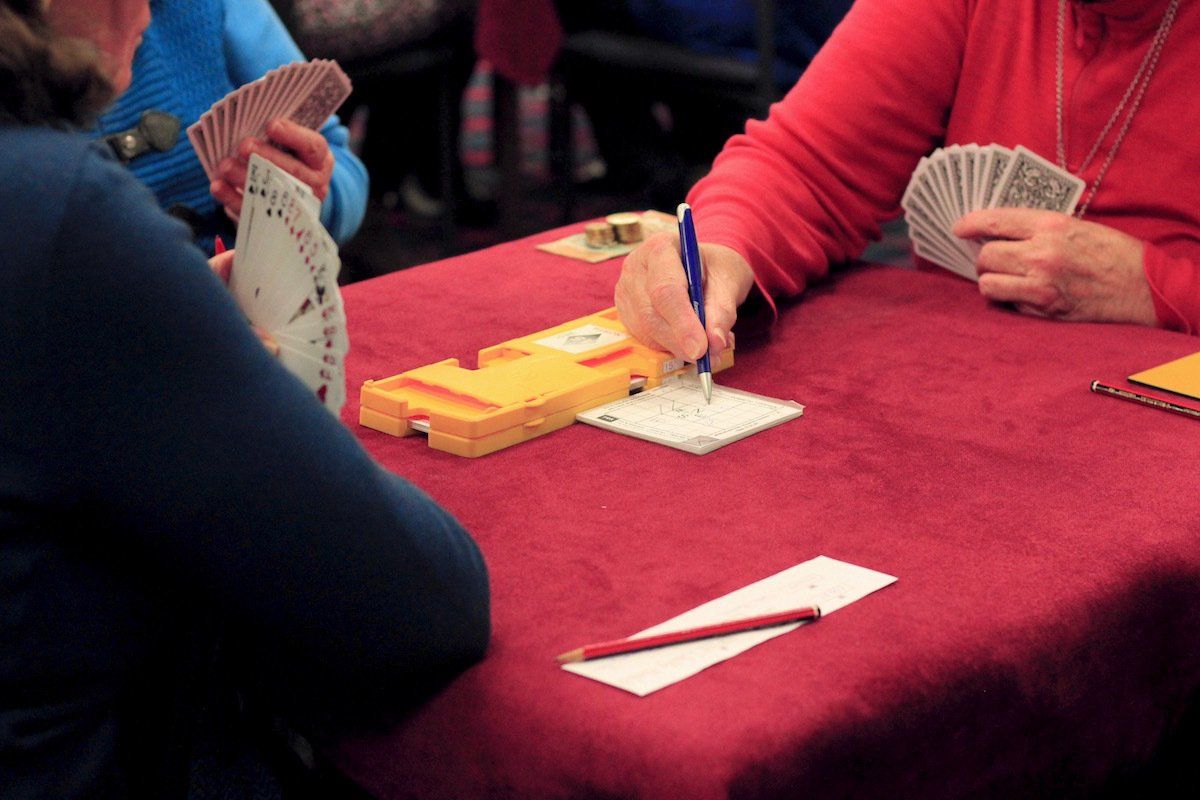Discussion #7: August 2021 - Defence - Half the Game
Defence - Half the Game?
Defence is really satisfying if you and partner get it just right and defeat a contract or hold declarer to their minimum number of tricks! The last Wednesday tutorial was very well attended with nearly 50 players coming to learn about signals and discards. Communicating with your partner is essential so that you know whether to continue a suit (or switch to another suit). Count the HCP once dummy goes down and work out your partners point range. Think about what distribution declarer has shown and where you can get tricks to defeat the contract.
LEADS: Firstly, you need to get the opening lead right. Listen to the auction and try to work out declarer and dummy’s shape. You may have several choices depending on whether it is a suit or NT contract. Some better leads will be:
- top of a sequence (KQJ6, QJ108, AK975)
- partner’s suit (95, Q72)
- small from an honour (Q752, K74, Q10652)
- high card with no honour (9864, 972)
- unbid suit – as above
- your longest suit against NT’s – as above
- opening lead of a small card is fine against a NT contract with A862. However, find another suit to lead against a suit contract. Leading the Ace promises the King, and a small card may mean you never score your ace if declarer wins with the king and dummy has a singleton!
SIGNALS: If your partner leads an honour then you need to signal whether you want them to continue:
- low = like … partner leads A and you have Q72, (or 72 vs a suit contract – can ruff the third round)
- high = hate … you have nothing to contribute 874, 7652
(With more experience you can learn about count signals to get a count of even/odd from partner depending how many cards they hold in a suit)
Apply the same leading and signalling rules in mid-game, low from an honour and high showing no honour.
It is fine to lead away from an ace mid-game, as long as you don’t think declarer has a singleton – for example, you are leading up to dummy’s 76 with A952. Declarer may hold KJ and partner the Q. If you play a small card, they will have to guess which to play, and you may score two tricks. However, if you play A then small, they will always get it right!
DISCARDS: When discarding, on your first opportunity you can play a high card from the suit you don’t want (best choice) or a low card if you like a suit 864, AJ73.
So, enjoy defending and remember to look at your partner’s signals – there will be a difference between a 7 and a 3!











